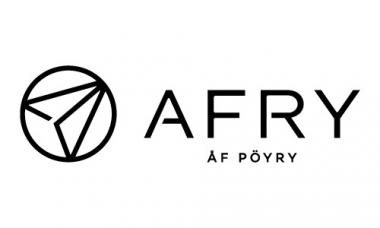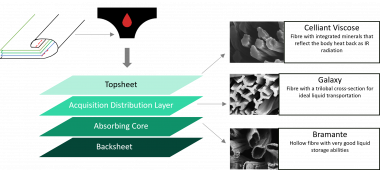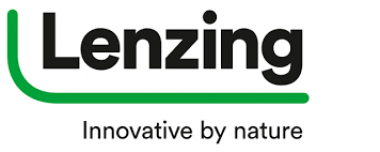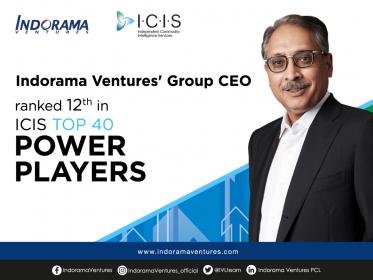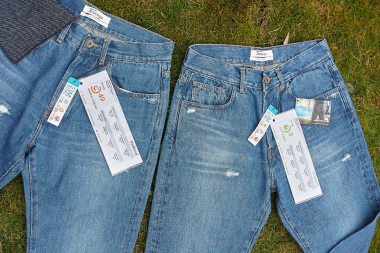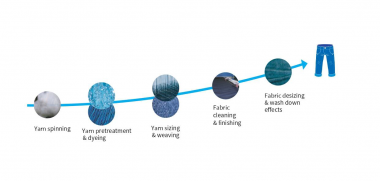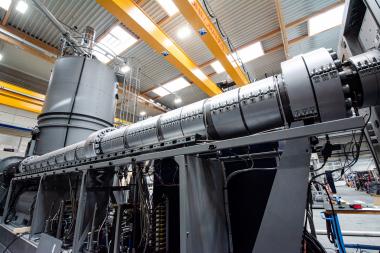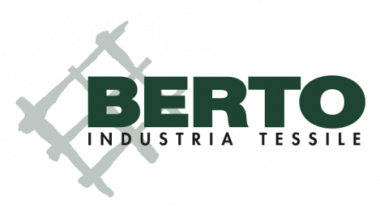INNATEX 49 attracts over 150 brands
More than 150 exhibitors will be presenting their Green Fashion collections at INNATEX 49 next week, from 25 to 27 February. Given the pandemic situation and the shift in dates for the ordering fair in Hofheim-Wallau, organisers MUVEO GmbH say they are more than satisfied with the number of brands.
“For the original dates in mid-January we had over 200 registrations as usual,” says Alexander Hitzel, INNATEX Project Manager. “"Since we had to postpone another time, the date no longer made sense for many. However, if you consider this in addition to the fact that almost all trade fairs had to be cancelled and the general uncertainty makes decisions virtually impossible, 75 per cent is actually a very good result.”
The fair catalogue, published today, shows that visitors can expect a multifaceted range of goods.
Alongside popular classics and natural textile providers, there will as usual be young and adventurous new concepts. Newcomers are also to be found, including the linen womenswear from Lithuanian brand Luel, Canadian footwear label Native Shoes with its compostable materials derived from algae and other plants, and the yoga accessories from Southern Shores. As well as the labels, the International Association of Natural Textiles (IVN) and the Global Organic Textile Standards body (GOTS) will also be attending.
“We are assuming that by summer the situation will be more relaxed,” says Hitzel. “Originally we had a lot of plans relating to the fair programme and opportunities for dialogue, with various representatives from the community. We are therefore looking forward all the more to implementing these and other ideas at the end of July, on the 50th anniversary of INNATEX. Our deepest wish is that we will then be able to joyously celebrate 25 years of INNATEX with the entire community all together again and under largely normal conditions.
UBERMUT GbR







